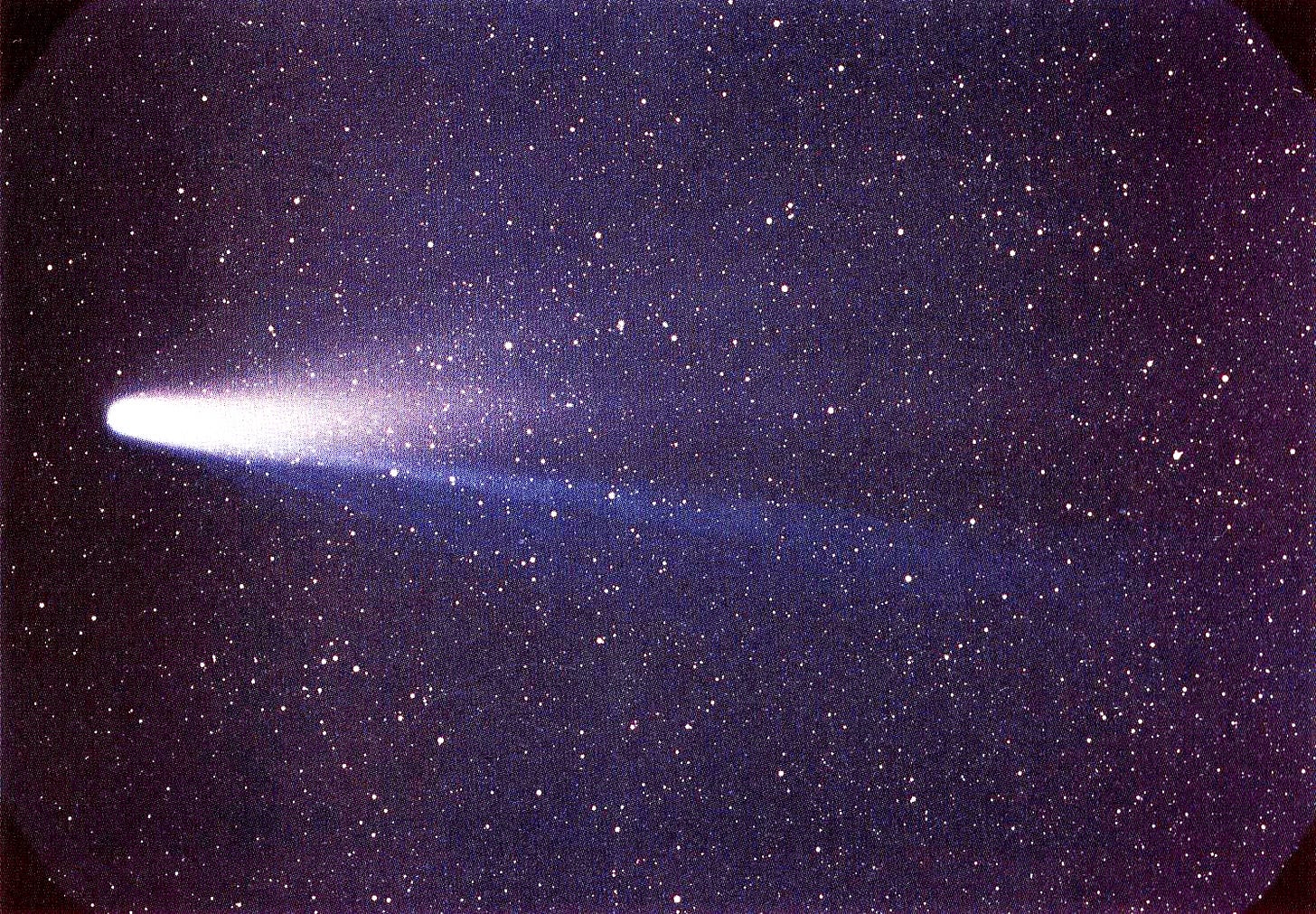Brain Food #823: Maths and magic
The frequent occurrence of infrequent events
Thoughts of the day
If the average human being is expected to live up to 80, with some lucky ones reaching 100, how many once-in-a-lifetime events are we meant to experience in a lifetime?
John Littlewood, a mathematician at Cambridge University, was intrigued by the frequent occurrence of what appeared as unlikely events, and people’s pervasive curiosity around paranormal phenomena. He wanted to explore and explain how likely those events were to occur.
Littlewood’s assumption was that, in our waking life, over a period of eight hours daily, we are all exposed to one ‘event’ (something we can see or hear) per second. With simple calculations, this means that over a period of 35 days, we will have seen or heard one million events, suggesting that we experience one in a million events at a rate of once per month. This became known as Littlewood’s Law.
A 100-year event (a term usually reserved for weather events) is not going to happen once in 100 years; it has a 1% chance of happening every year. With 8 million people on the planet, the odds multiply. With a large enough sample size, all unlikely events eventually do become quite likely.
Some of these events may happen to others, but we now have access to so much information that the news will somehow reach us. Some events are more personal. Others might affect all of us.
And so, unlikely events start to feel eerily familiar, and as the years pass, we bear witness to once-in-a-lifetime events more often than we would have expected. But history does not repeat itself; we do.
“Most human beings have an almost infinite capacity for taking things for granted. That men do not learn very much from the lessons of history is the most important lesson of all the lessons from history.”
— Aldous Huxley
Humans behave in patterns. Perhaps that is the tragedy of forgetting, of our collective selective memory. It is why the lessons of the Stoics and so many other ancient philosophers still ring true today, the unchanging nature of being human stubbornly persisting. We will make mistakes. Until we learn from them, we will continue to encounter them in our paths, in slightly altered forms.
One of the greatest lessons of the Stoics is that the only change we can certainly control is the one within. That our fate, once we focus on what is within our realm of control, can be determined by our actions.
We can create the once-in-a-lifetime experiences one should desire to have, the ones that exist within the personal sphere, that form the texture of life. We have all had, and will still have, once-in-a-lifetime events. A series of firsts — first loves, first days at school, at work, first days in a home away from the one we grew up in, first times driving, diving, swimming, flying.
We all possess an imagination that allows us to mentally create various versions of the future. We are able to imagine both the best and the worst. Maybe we believe in the divine purpose of rare events, or we subconsciously conjure them through our actions, our repeated mistakes across history, because we need to believe in miracles. Even if the math disproves it, we all still crave a bit of magic.
As for the mistakes, the least we can do is be less surprised.
Some events do truly happen once in a lifetime. Halley’s comet is visible from Earth every 75-79 years. The last time it was seen was in 1986. It is next expected to appear in 2061.
For Mark Twain, this was a twice-in-a-lifetime event — and he even predicted it:
“I came in with Halley’s comet in 1835. It is coming again next year, and I expect to go out with it. It will be the greatest disappointment of my life if I don't go out with Halley’s comet. The Almighty has said, no doubt: ‘Now here are these two unaccountable freaks; they came in together, they must go out together.’”
Twain died on April 21, 1910; one day after the comet made its next appearance to Earth’s inhabitants.
Thank you for reading today’s Brain Food. Brain Food is a short newsletter that aims to make you think without taking up too much of your time. If you know someone who would like this post, consider spreading the word and forwarding it to them. Brain Food wouldn’t exist without the support of its readers.
And if you have just come across Brain Food, you can subscribe to it below:
For longer thoughts and Brain Food highlights from the archives, visit Medium.

